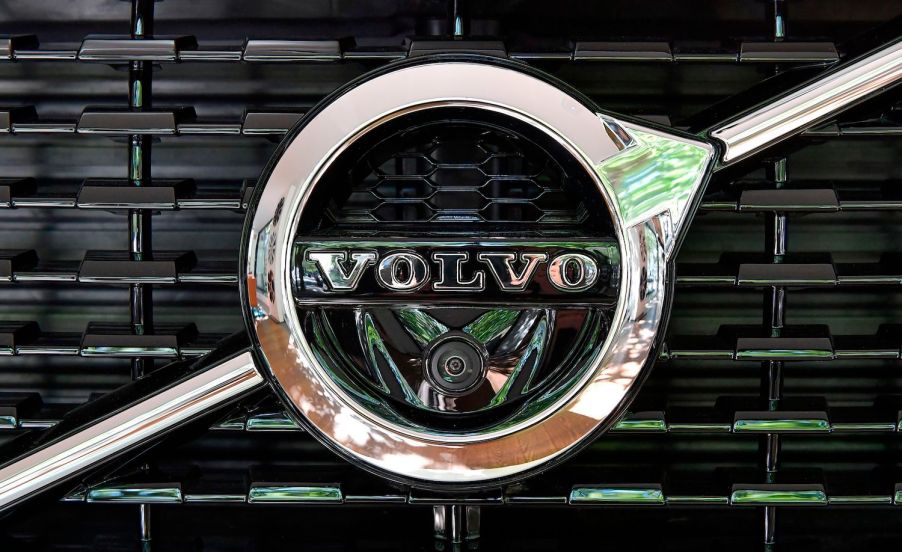
The Volvo Stock Story: How It’s Valuation Grew 10x in 10 Years
We may be witnessing one of the great rags to riches stories of automotive history. In 2010, Ford sold Volvo to the Geely Holding Company for just $1.8 billion. Yet, in just a decade, Volvo has reinvented itself as a brand new type of luxury brand. The Swedish carmaker was also the first manufacturer to stop selling non-hybrid internal combustion. The company is planning an IPO–offering Volvo stock publicly–and sources report its valuation will be $25 billion.
Volvo defines ‘its own version of luxury’

The Volvo company got its start building no-frills people movers. The Volvo logo is the Swedish symbol for iron. The name Volvo is Latin for “I roll,” a nod to vehicles that function as they should, nothing more. Volvos became ubiquitous in Sweden. Tradespeople even converted these boxy station wagons into work vans.
The engineers at Volvo pioneered crash safety technologies. They built cars so reliable the Volvo became prized the world over. But no one called Volvos luxury cars. Their unofficial motto may as well have been “boxy but safe.”
After Volvo’s 2010 acquisition by the Zhejiang Geely Holding Group Co. of China, the manufacturer focused its efforts on a single purpose. That purpose was to design the best automotive experience possible. The market was very receptive to this mission.
The Chief Financial Officer, Björn Annwall, specified, “We have always approached design and the entire car experience from a human perspective, and I believe that this is what makes our cars increasingly relevant.” A press release added that Volvo “defines its own version of luxury.”
The manufacturer was in the right place at the right time. As they focused on producing a well-designed experience, many people grew weary of the traditional luxury brands. Middle-class car buyers with means wanted to signal they were discerning enough to seek out a well-engineered foreign vehicle. But they did not want to flash their wealth with a tacky, luxury vehicle. For these buyers, A Volvo was perfect car.
Despite its success, Volvo remained a private company with no Volvo stock available to the public. But all of that is about to change.
At the forefront of the electric vehicle revolution

The Volvo company talks a big talk about a car “designed for life.” But the electric vehicle revolution tested much more than the marketing department of the auto manufacturer.
As electric vehicles became increasingly viable, many automotive companies pledged to phase out internal combustion. Environmentalists cheered them on, but nobody seemed to notice these corporations set convenient deadlines for themselves, fifteen years out.
Volvo, on the other hand, set no deadline and made no promises. Instead, the company just stopped making non-hybrid internal combustion vehicles.

As of 2019, Volvo offers some plug-in hybrid vehicles and some fully electric vehicles. But no new Volvo is powered by fossil fuels alone. In an industry full of promises, Volvo is the first major manufacturer to phase out internal combustion.
Being a pioneer of electrification has been good to Volvo. The company has received bountiful good press from its move away from fossil fuels. In addition, Volvo sales are way up. Volvo sold 41% more vehicles in the first half of 2021 than in the first half of 2020. In the lucrative U.S. market, Volvo’s sales climbed 47%.
The Geely Holding Company is attempting to capitalize on Volvo’s alternative luxury status and position at the head of the electrification revolution. It recently announced plans for a Volvo IPO. A source close to the company claimed the automaker would aim for a valuation of $25 billion. Geely will likely hang onto enough Volvo stock to retain a controlling share of the company.



